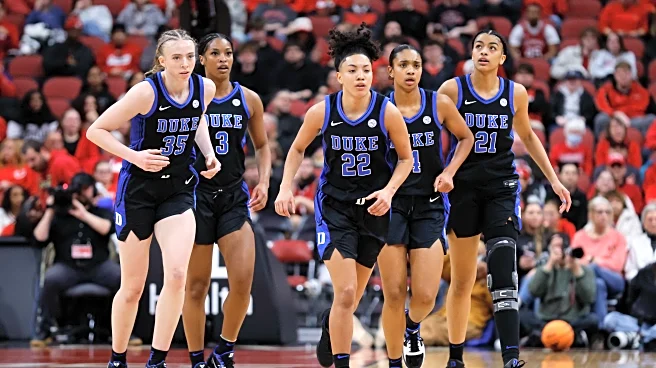What's Happening?
Brazil's labor court has mandated Volkswagen to pay approximately $30 million in compensation for collective moral damages due to labor abuses at a company-owned farm in the Amazon during the 1970s and 1980s. The court found that around 300 workers were subjected to slave-like conditions, including debt bondage, inadequate housing, and insufficient food, while being monitored by armed guards. This ruling follows an investigation initiated in 2019 by the Labor Prosecutor’s Office, which gathered evidence from a local priest and witness testimonies. Volkswagen has announced plans to appeal the decision, asserting its commitment to human dignity and compliance with labor laws.
Why It's Important?
This ruling is significant as it highlights ongoing issues of labor exploitation and the legacy of slavery in Brazil. The decision marks the largest reparation for such abuses in the country's history, underscoring the importance of addressing historical injustices in labor practices. For Volkswagen, this case could impact its reputation and operations, particularly in regions sensitive to human rights issues. The ruling also serves as a reminder to multinational corporations about the importance of ethical labor practices and the potential legal and financial repercussions of failing to uphold them.
What's Next?
Volkswagen's appeal process will be closely watched, as it could set a precedent for how similar cases are handled in the future. The outcome may influence other companies operating in Brazil to reassess their labor practices to avoid similar legal challenges. Additionally, this case may prompt further investigations into historical labor abuses by other corporations, potentially leading to more legal actions and reparations.











